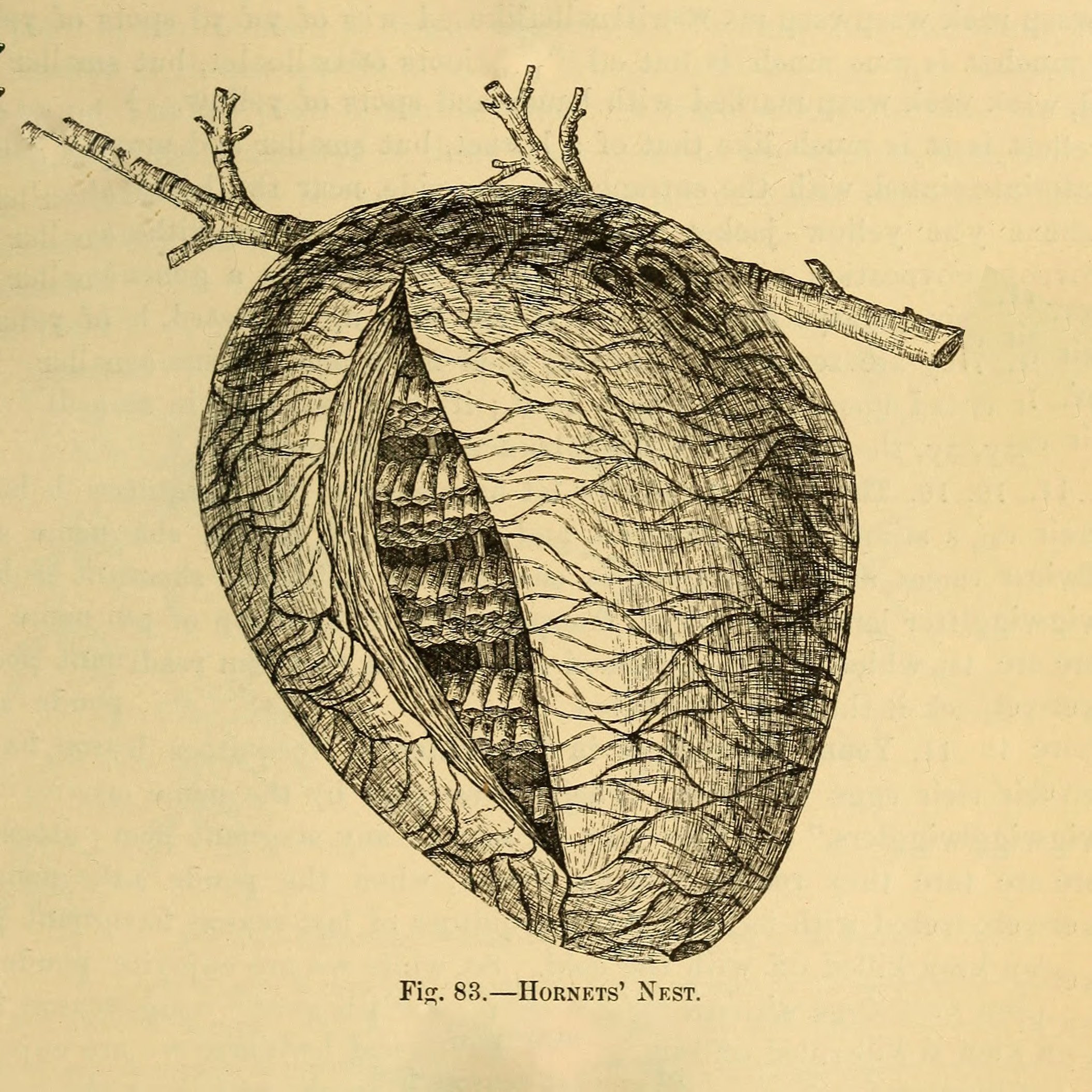Editors’ Note
Issue 19: Fiction
AUGUST 8, 2024
Summer brings the promise of more time to read. There is never quite enough time, of course. But in the hope that life slows down — just enough — this month, we bring you another fiction issue, featuring exciting new writing from around the world. Many of these pieces have been translated into English for the first time.
“Eleonor/Eleonora,” by the Brazilian writer Lucrecia Zappi, tells the story of two young women who reunite in New York 10 years after committing a terrible crime. “Man in a White Overcoat,” a haunting short story by Oğuz Atay and translated by Ralph Hubbell, follows a mute man’s journey across Istanbul after buying a woman’s coat that provokes and brings out the worst in the strangers he meets. In “Hornets,” originally written in Malayam by the Indian author K. N. Prasanth and translated by Jayasree Kalathil, two guest workers are lured into a dangerous job in Kerala: eradicating dangerous wild hornets in a suburban front yard.
In “Time of the Flies,” by Claudia Piñeiro, translated from Spanish by Frances Riddle, a woman steps out of prison fifteen years after killing her husband’s lover and gives herself a new name. “That’s what I call myself when I’m alone, the name Charo wrote in lip liner at the end of the letters she sent to Ernesto, my husband. Excuse me, my ex-husband.”
A young man finds himself in the strange and embarrassing situation of being unable to shake loose a child following him through the streets in “Child,” by the Bolivian writer Claudia Peña Claros, translated by Robin Myers. “They must think I’m one of those fathers who abandon their children. No, officer, really, I say, I don’t know him, I’ve never seen him before.”
And in “Telefon,” by the Uzbek writer Salomat Vafo, a night watchman reluctantly welcomes a group of late-night intruders as he ponders why he hasn’t called his mother in ten years. “The story’s stretched, tangled telephone wires signify not only the strain on relationships and the rifts created when the Soviet Union fell but point to greater existential disunities — and to the promises and failures of technology to reunite them,” translator Sabrina Jaszi writes in her introduction to the text.
In “Mammoth,” by Catalan writer Eva Baltasar and translated by Julia Sanches, a university student throws “a birthday party that was actually a fertilization party in disguise.” And in the strange and subversive world of “Mary and the Rabbit Dream,” Finnish author Noémi Kiss-Déaki reimagines the 18th-century story of Mary Toft, a young woman who convinced doctors she had given birth to rabbits.
In this issue, you’ll also find a translated poem from Yemen, and an essay by the Chinese author Xi Xi, who writes about taking up tai chi and sword dancing after surgery to remove a lump in her breast: “Hallelujah, I was still alive. I carried the small cloth bag home, the iron sword clanging inside.”
We hope you enjoy your travels through these worlds as much as we enjoyed finding them for you.
— The Editors




